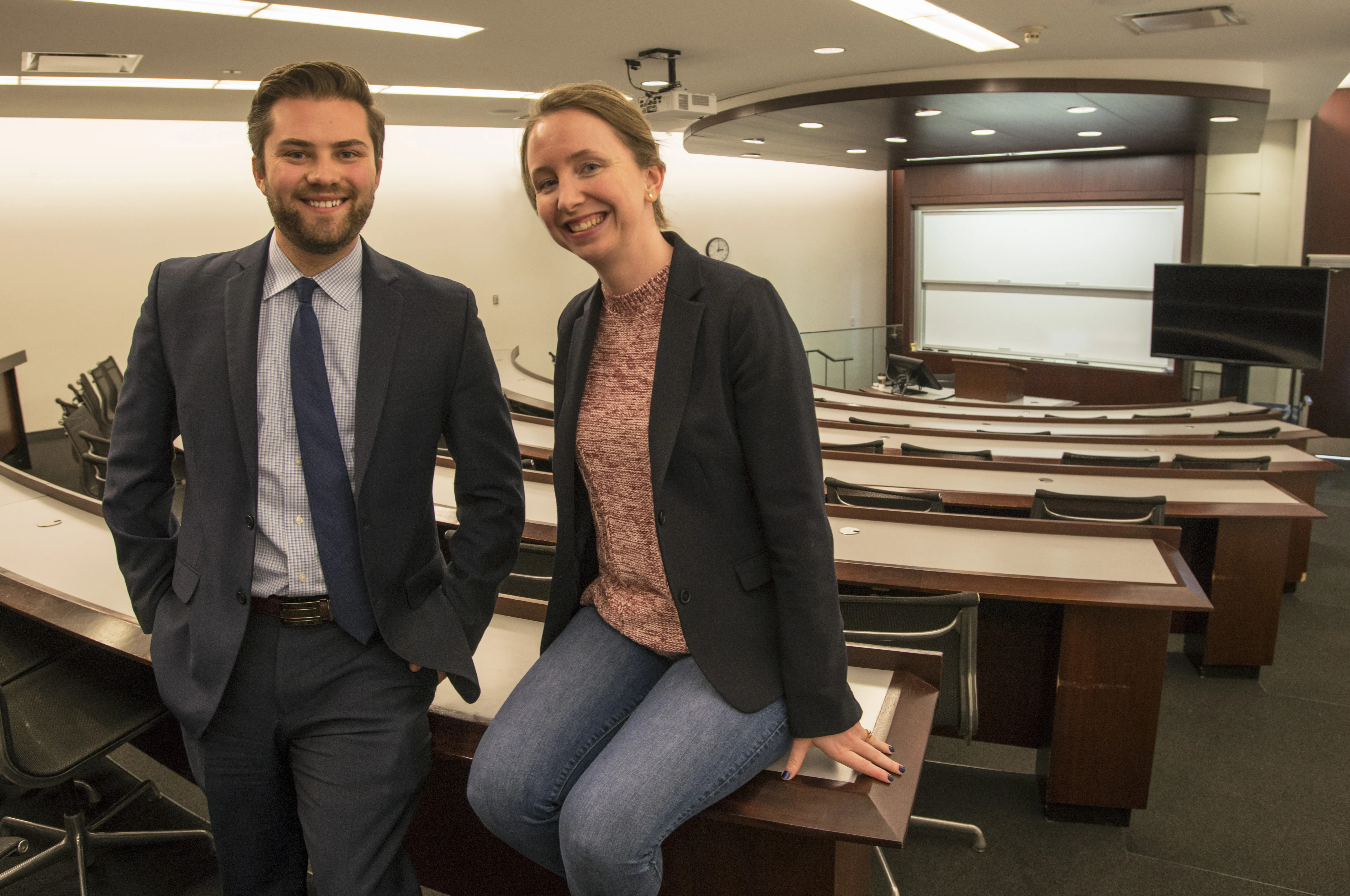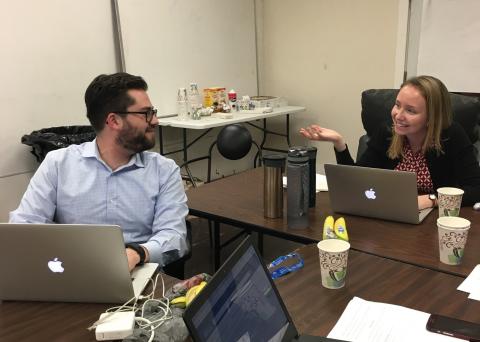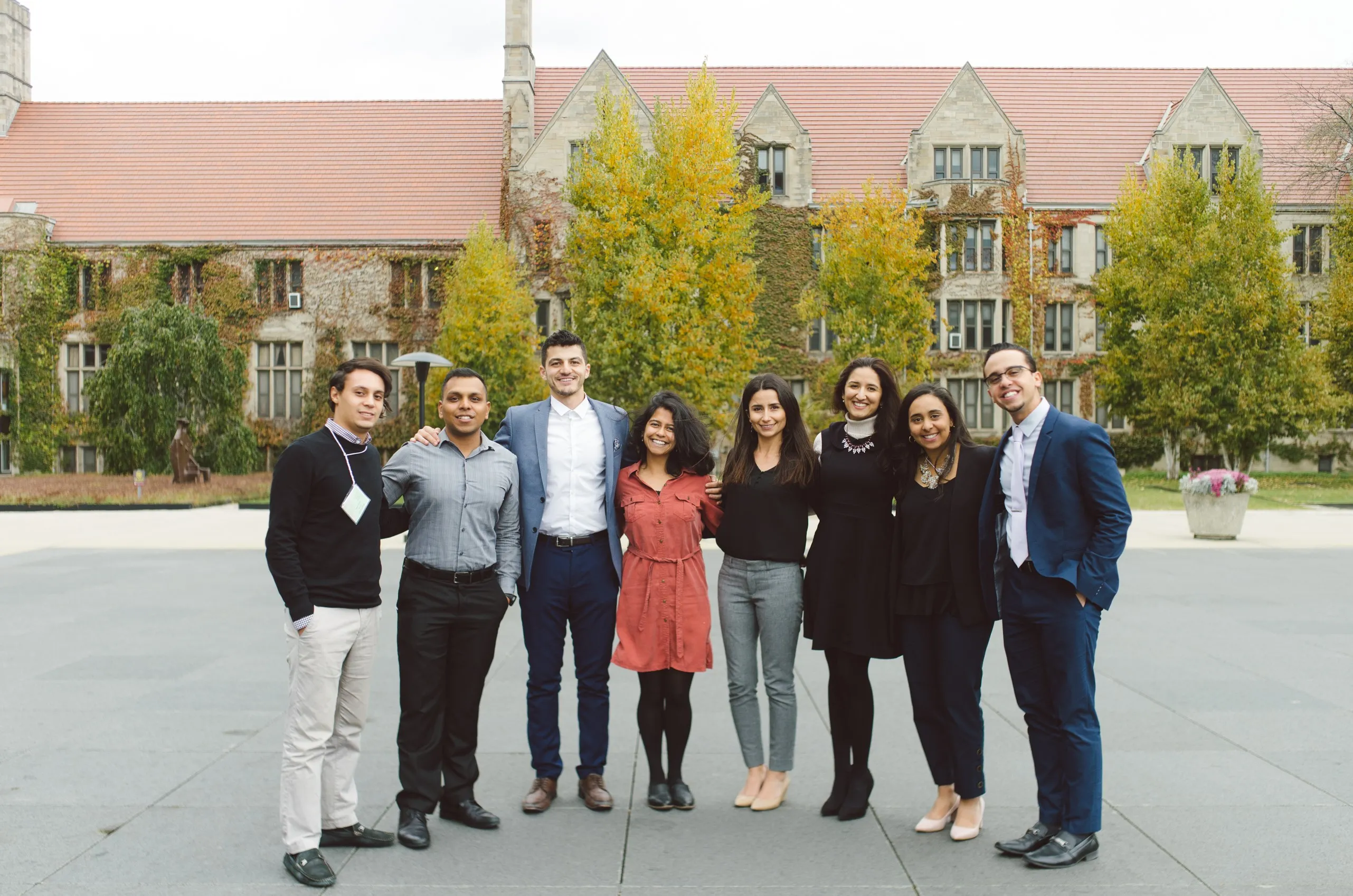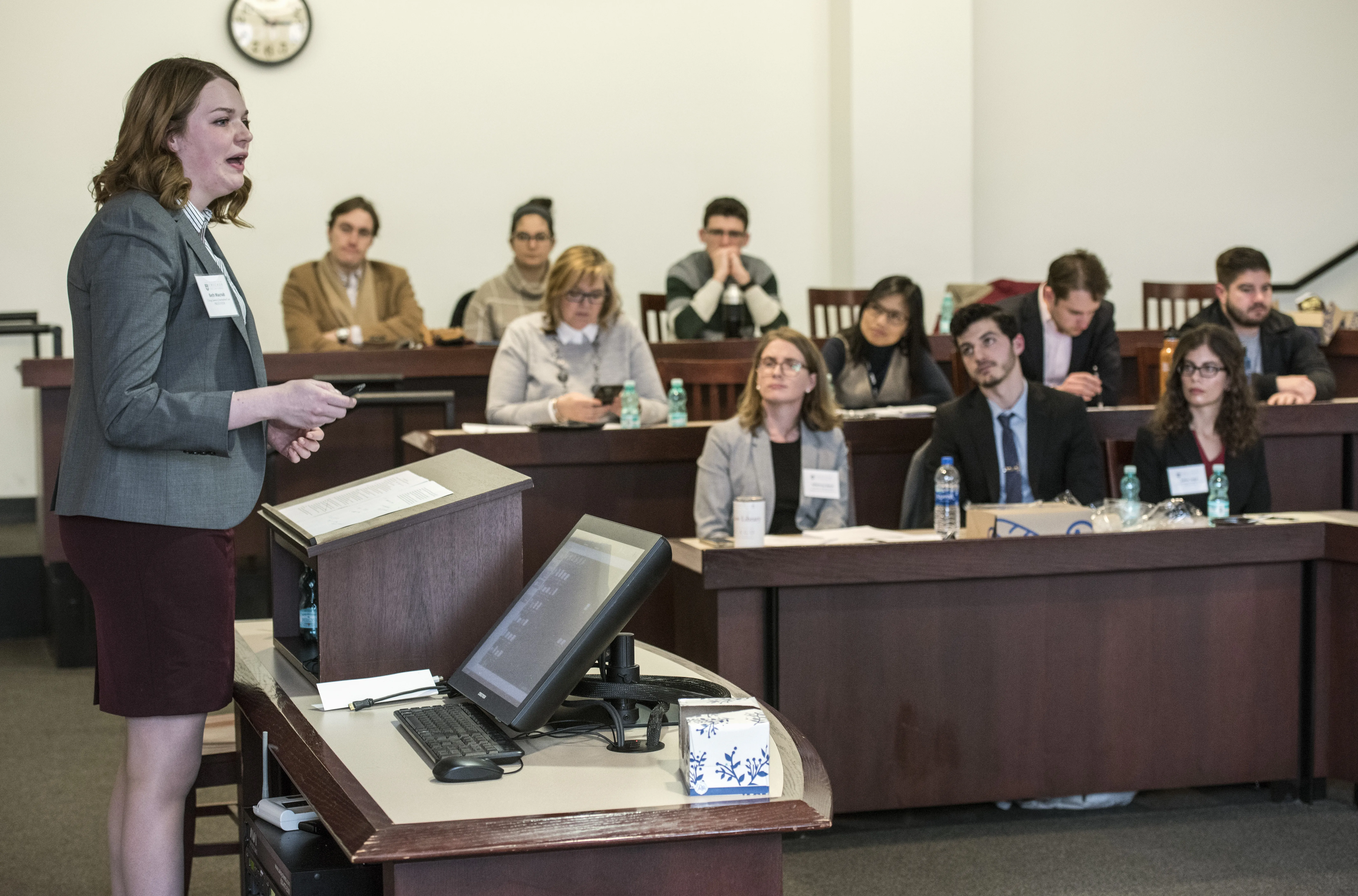My Spring Break of Service

When I signed up for last year’s Spring Break of Service, I never expected to work on a US Supreme Court case. At first, I hoped to spend time in the courtroom, and I was disappointed when I was assigned to my second choice: a legal research project at the Louisiana Capital Assistance Center (LCAC) in New Orleans.
As I made the 14-hour drive south on I-57 and I-55, I wondered if my experience would be meaningful or if my work could help make a difference.
I found out. My Spring Break of Service trip ended up being far more rewarding than I could have imagined. My classmate, Roisin Duffy-Gideon, ’18, and I were tasked with helping research a constitutional question for a Supreme Court petition, all in hopes of saving a man’s life. The Supreme Court later agreed to review the petition, teaching Roisin and me an uplifting lesson about the real-world impact of good legal research, creative lawyering, and the importance of public interest organizations like LCAC.
“The folks at LCAC were an inspiration,” Roisin said recently. “As soon as we showed up on the first day, we felt their passion for working tirelessly against a corrupt, racist, and deadly system. I was inspired by their commitment to the dignity of every one of the defendants whose cases they saw. This case really revolved around making sure one of those defendants had a voice in the process, and the lawyers at LCAC were deeply motivated by that. And their hospitality was unforgettable—we ate King Cake almost every day we were there.”
The case, McCoy v. Louisiana, entailed whether it was constitutional for a defense counsel to concede a defendant’s guilt against the express objection of the defendant. Just months before we arrived, the Louisiana Supreme Court upheld a death penalty sentence against Mr. McCoy—even though his attorney told the jury he was guilty against his will.
Our job as Spring Break of Service volunteers was to discern what the “assistance of counsel” guaranteed by the Sixth Amendment actually meant, a fascinating legal question with sizeable practical implications.
Our inquiry required more than electronic legal research: we needed to visit libraries to uncover documents dating back to the colonial era to help uncover the phrase’s historical meaning. As we combed through the libraries for the US Court of Appeals for the Fifth Circuit and Tulane University, we documented our findings for the LCAC. We knew the odds were low the Supreme Court would grant the petition; the Court usually grants just 80 of the 10,000 petitions received each year. Nonetheless, given the fundamental right at stake, we felt Mr. McCoy had a fighting chance.
Last September, Roisin and I discovered that the Supreme Court granted Mr. McCoy’s petition for a writ of certiorari. I emailed Roisin as soon as I saw the news online to let her know. We were both ecstatic!
Mr. McCoy was granted an additional chance to prove his innocence and maybe save his life. We were convinced that all defendants have the constitutional right to maintain their own innocence, and we hoped the Supreme Court would agree. The Supreme Court heard the case this January, but a decision has not yet been reached. We may have to wait until this summer to see if Mr. McCoy prevails. While Roisin and I only played a small role, we were proud to have utilized our legal research skills in defense of constitutional rights.



